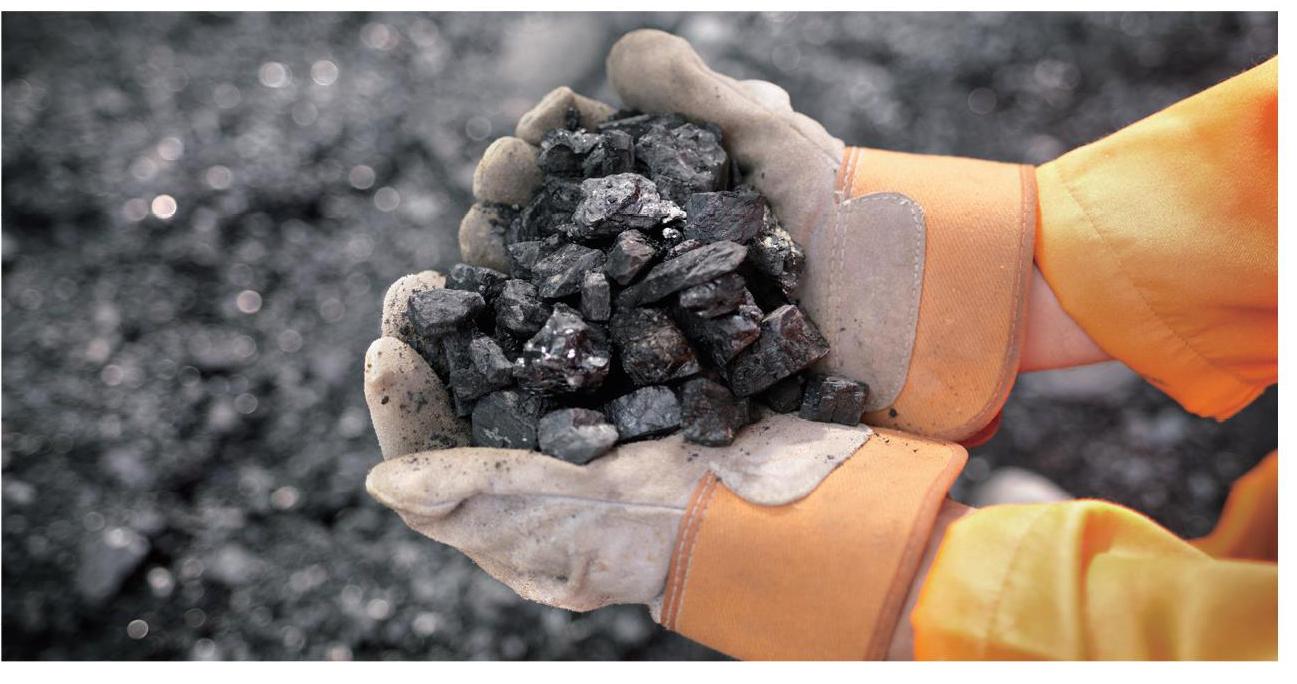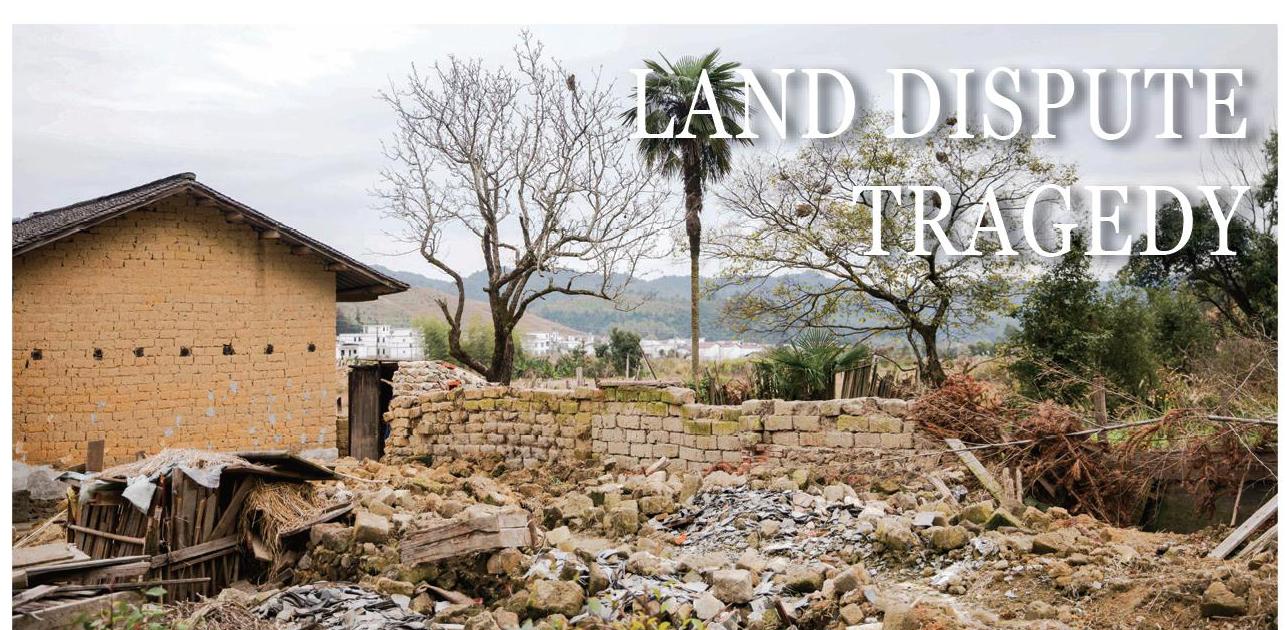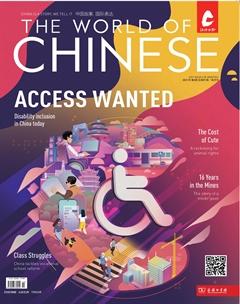Power Down



Coal shortages leave millions of Chinese residents cold
As the worlds largest single source of electricity, coal plays a vital role in providing energy worldwide. China, as the worlds biggest coal producer and consumer, has been hugely dependent on the energy source for everything from manufacturing to heating homes.
This winter is forecast to be difficult for China, as rising coal prices have created a rationing system leading to power cuts across the northeastern part of the country especially. A coal shortage linked to environmental policies limiting production has caused the average price of coal to soar from 600 to 2,000 RMB per ton over the past two years, which has not only increased production costs for myriad other industries, but also affected residential power supplies.
Large-scale, unscheduled power cuts in the northeastern part of China, where average winter temperatures hover around minus-20 degrees Celsius, wreaked havoc on residents and small businesses of Liaoning, Jilin, and Heilongjiang provinces in October. Power outages have stopped elevators, turned off traffic lights, and cut off indoor heating. The State Grid Corporation of China, the countrys dominant power distributor, later announced that due to energy shortages, the nations whole power grid risks collapsing if residential electricity usage isnt rationed.
Tong Shujie, a retiree from a village in Heilongjiang, became increasingly worried about the winters heating situation as average temperatures reached 0 degrees Celsius in his area in late autumn. According to Tong, families in his area typically buy three to five tons of coal to heat their homes each year. “In previous years, we would already be stockpiling the coal in mid-October, but this year we are still waiting for the price to go down,” he told TWOC in late October.
Besides heating for residents and businesses in Chinas coldest provinces, the coal shortage is also having a ripple effect on related industries in the rest of the country. According to Jiemian news, China has been rationing power in over 20 provinces since August.
The owner of a small manufacturing business in Jiangxi province, who wished to go by his surname, Zhang, says that his factory has decreased output by half since local officials introduced routine power outages among manufacturers in the area in September. “There is nothing I can do without electricity. We have to use manual work to replace the machines, but its very expensive and inefficient to hire laborers,” says Zhang, who declined to name the industry he is part of.
Exacerbating matters are severe floods that hit Shanxi province—Chinas center of coal mining, accounting for a quarter of the countrys coal production—in early October. The disaster forced 60 coal mines to close, according to a local government statement, just when Chinas National Development and Reform Commission attempted to increase coal production and control its price.
China has been trying to decrease its coal usage and transform its coal-dependent society to one that utilizes more environment-friendly resources. In fact, since its 13th Five-Year Plan, enacted in 2016, the government has sought to rein in total energy consumption and the intensity of consumption in order to reduce mining activities and carbon emissions.
Meanwhile, Chinas domestic coal production is falling short of demand. At the 2021 China Coal Economic Forum in July, Gao Mingyu, head of an energy research team under commodities firm SDIC, estimated there will be a shortage of nearly 627 million tons in Chinas total coal supply in 2021. The dust has yet to settle around this issue.– Anita He (賀文文)
Abortion Debate
A heated discussion on reproductive rights has followed the Chinese State Councils publication of the “Guidelines for Women and Childrens Development (2021 – 2030)” in September, which recommended reducing abortions for “non-medical reasons” to improve womens productive health.
The timing of these guidelines, issued several months after China relaxed its family planning policy to allow three births per family, has drawn concerns online that the government will restrict womens reproductive choices in order to boost the birth rate. China has outlawed sex-selective abortion since 2001, and provinces such as Hainan and Jiangxi have enacted regulations in 2003 and 2018 respectively, requiring government approval for terminating pregnancies after 14 weeks.
A 2020 report published by the China Family Planning Association, a non-governmental organization, alleged that artificially induced abortions harm womens health and are a major reason behind Chinas rising infertility rate. The State Council claims its new guidelines aim to safeguard womens choices over birth control and improve their health care services. – A.H.
Gas Explosions in the Northeast
A gas explosion on October 24 in a residential building in Dalian, Liaoning province, has caused two deaths and seven injuries, becoming the third such tragedy to take place in little over one month in the province.
On October 21, a gas explosion in a restaurant in the provincial capital, Shenyang, caused five deaths and 40 injuries. On September 16, another residential gas leak in Dalian city caused eight deaths and five injuries.
Media analysis has so far linked the explosions to aging gas pipelines in northeastern China. The gas supplier to the Shenyang restaurant has been involved with multiple gas leaks and explosions in recent years, and the city is in the process of upgrading its underground gas pipes, some of which are over three decades old. As coal shortages in China put further pressure on other energy sources this coming winter, finding a solution to the problem will be of life-and-death importance.– A.H.
Land Dispute Tragedy
A murder over land rights in a village outside Putian, Fujian province, has generated public sympathy for the murderer OuJinzhong and outrage over local authorities failure to prevent the tragedy.
Ou, who committed suicide on October 18 while on the run, had been living in a run-down shack with his family for six years while locked in a dispute with a neighboring family that allegedly prevented him from building a house on his land. Ou had asked local authorities multiple times to mediate, to no avail. Villagers state that on October 10, Ou went onto his neighbors property to retrieve a sheet that had been blown off his roof by a typhoon, leading to a fight that killed two of his neighbors and injured three (including a 10-year-old boy).
Police are still investigating details of the murder, and have not released information on the living situation of Ous family or further developments in the land dispute. – A.H.
Photographs by VCG
 汉语世界(The World of Chinese)2021年6期
汉语世界(The World of Chinese)2021年6期
- 汉语世界(The World of Chinese)的其它文章
- Balcony
- Gimme Sugar
- Access Wanted
- Class Struggles
- The Cost of Cute
- 学汉语
